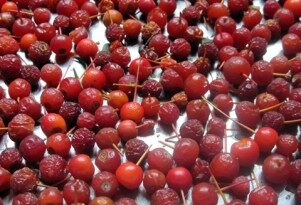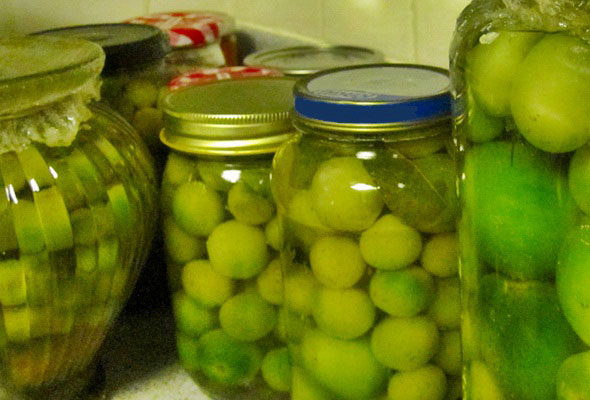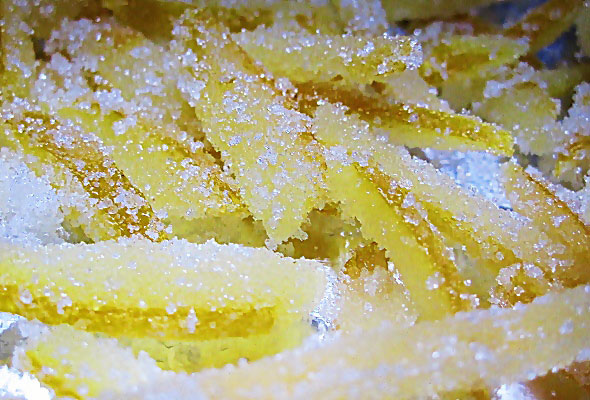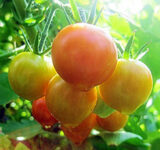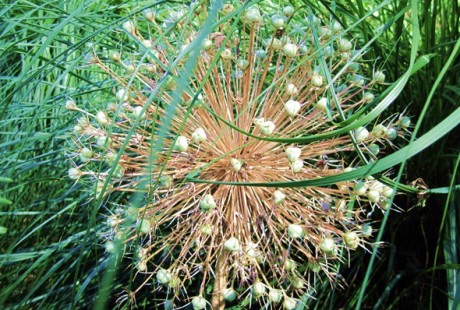naturally good soil
Although I am an enthusiastic advocate of natural gardening, I wasn’t much of a fan of composting until I procrastinated one fall and left a sizable pile of leaves and stems out on a concrete slab, thinking that I would clean it up in spring. When spring arrived, to my surprise, everything but the very top layer had turned to humus. It even smelled like woodland soil and was crawling with earthworms. It is one thing to know things in theory, and another to see them happen under your very eyes. Usually, all of the yard debris goes to the recycling center, where this process happens out of my sight.
I still take most of the yard waste there, because my garden is not large enough to accommodate a composting pile, and the smell is not endearing, but I feel a lot better now about spreading some of the green matter that I end up with after weeding, in inconspicuous spots around the garden.
One of the many things that are great about nature is that it cleans up after itself. Nature has no garbage, only matter in the process of transformation. That being said, good compost needs to include more than leaves and stems, it needs to have food scraps, well rotten manure, and wood chips mixed in in order to achieve a well balanced level of nutrients for the soil.
Evidently, that is not going to happen in the front yard, but even if you compost green matter exclusively, keep in mind that some plants are better for this task. Pod bearing plants like beans, peas, and lupines, improve the nitrogen content of the soil whether they grow in it, due to their symbiotic relationship with the bacteria in their roots, or are plowed under.
Coffee grounds are rich in nutrients, even though not the complete range a plant will need. They acidify the soil, a quality which won’t bother you much if your soil is too sweet to begin with, like mine is, but this can create problems on already sour soils. Also, keep in mind that the coffee grounds start out sterile, after all you’ve just boiled them, so it will take them some time to cultivate the beneficial bacteria that work the magic of making the soil fertile.
One last thing. Some people say that clay is terrible for gardening and try to get rid of it, an assessment that is both wrong and totally undeserved. While it’s true that some plants simply won’t thrive in this heavy, alkaline medium, the picture above is the only proof I need that it is one of the most fertile soils naturally available. Its most significant problem is density. You can try to alter it by adding sand, peat, humus, whatever you choose, just keep in mind that the clay particles will sink to the bottom eventually, no matter what.




 Previous Post
Previous Post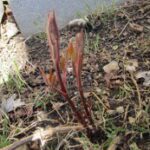 Next Post
Next Post
